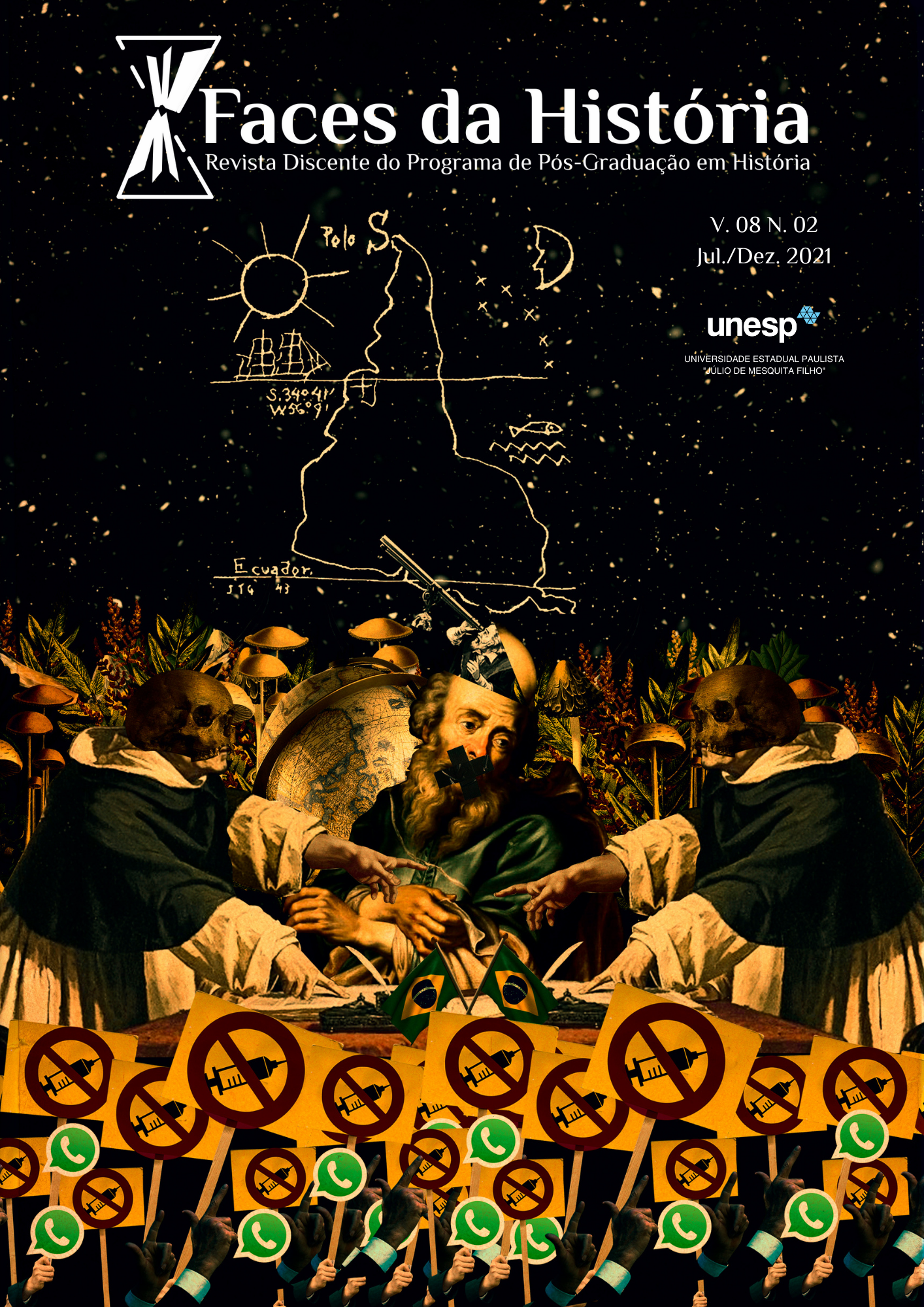From animal traction to invisibly propelled cars
the public transport in Lisbon, 1834-1910 - part I, the time of the bisarmas (1834-1873)
Keywords:
Utilities, Tramways, Lisbon, Urban transportAbstract
We present the first part of the trajectory of public transport in Lisbon, whose similarity to other cities is given by the protagonism of the trams with animal and electric traction in the transport service of people and goods, pressing need with the industrial growth and urban density in the 19th century. The Carris de Ferro have monopolized the service for 148 years, since 1873 with the Americans, tramways with animal traction, and then with electric cars, the first tram with invisibly propelled cars ran on August 31, 1901. The urgency for the service led the City Council to take care of the concession as early as 1834 and now we bring the history of the companies created with difficulty. The final mark of this period of intermittence is precisely the creation of Carris de Ferro, celebrated by the population and still the service concessionaire in Lisbon.
References
BASTOS, Silva. 50 anos de tracção eléctrica em Lisboa. Pequena História dos Transportes Coletivos. Lisboa: [s. n.], 1952.
BEMIS, Edward W. Street Railways. In: BEMIS, Edward W (org). Municipal Monopolies. A collection of papers by American economists and specialists. N. York: Thomas Crowell & Co., 1899, p. 505-583.
BENCHIMOL, Jaime Larry. Pereira Passos: um Haussmann tropical. A renovação urbana da cidade do Rio de Janeiro no início do século XX. Rio de Janeiro: Secretaria Municipal de Cultura, Turismo e Esportes, Departamento Geral de Documentação e Informação Cultural, Divisão de Editoração, 1992.
CASTRO, António Paes de Sande e. A Carris e a Expansão de Lisboa – Subsídios para a História dos Transportes Colectivos na Cidade de Lisboa. Lisboa: [s. n.], 1956.
DIAS, Marina Tavares. História do Eléctrico da Carris. Lisboa: Quimera, 2001.
MENDONÇA, Manuela (coord). História da Companhia Carris de Ferro de Lisboa em Portugal (1850-1901). Lisboa: Companhia Carris de Ferro de Lisboa, Assírio & Alvim, 2006a.
MENDONÇA, Manuela (coord). História da Companhia Carris de Ferro de Lisboa em Portugal (1901-1946). Lisboa: Companhia Carris de Ferro de Lisboa, Assírio & Alvim, 2006b.
MENDONÇA, Manuela (coord). História da Companhia Carris de Ferro de Lisboa em Portugal (1946-2006). Lisboa: Companhia Carris de Ferro de Lisboa, Assírio & Alvim, 2006c.
MOTTA CAPITÃO, Maria Amélia da. Subsídios para a história dos Transportes Terrestres em Lisboa no Século XIX. Lisboa: [s. n.], 1974.
RICARDI, Alexandre. A Formação do Parque Elétrico Paulistano: Relações de Conflito entre a Companhia Água e Luz do Estado de São Paulo, seus Clientes e seus Concorrentes – 1890-1910. 2013. 259 f. Dissertação (Mestrado em História). Faculdade de Filosofia, Letras e Ciências Humanas, Universidade de São Paulo, São Paulo, 2013.
RICARDI, Alexandre. Usina do Itupararanga e a Brazilian Traction Tramway, Light and Power Co.: monopólio e expansão do capitalismo financeiro no final do século 19. 2019. 326 f. Tese (Doutorado em História). Faculdade de Filosofia, Letras e Ciências Humanas, Universidade de São Paulo, São Paulo, 2020.
ROBBINS, Michel. The early years of electric traction. Invention, development, exploitation. The Journal of Transport History, Vol. 27, n. 2, p. 343-365, may 1995.
VIEIRA, Antônio Lopes. Os Transportes Públicos de Lisboa entre 1830 e 1910. Lisboa: Imprensa Nacional, 1982.
Acervos:
Acervo Municipal do Arco do Cego.
Acervo do Museu da Carris.
Published
How to Cite
Issue
Section
License
Autores que publicam na Revista Faces da História concordam com a cessão dos direitos autorais dos manuscritos, processo simultaneamente licenciado sob a Licença Creative Commons Attribution (CC-BY-NC), que permite o compartilhamento do trabalho com reconhecimento da autoria e publicação inicial nesta revista. Dessa forma, a Revista Faces da História pode difundir os artigos e trabalhos publicados, em formatos físicos e/ou eletrônicos, incluindo Internet.




